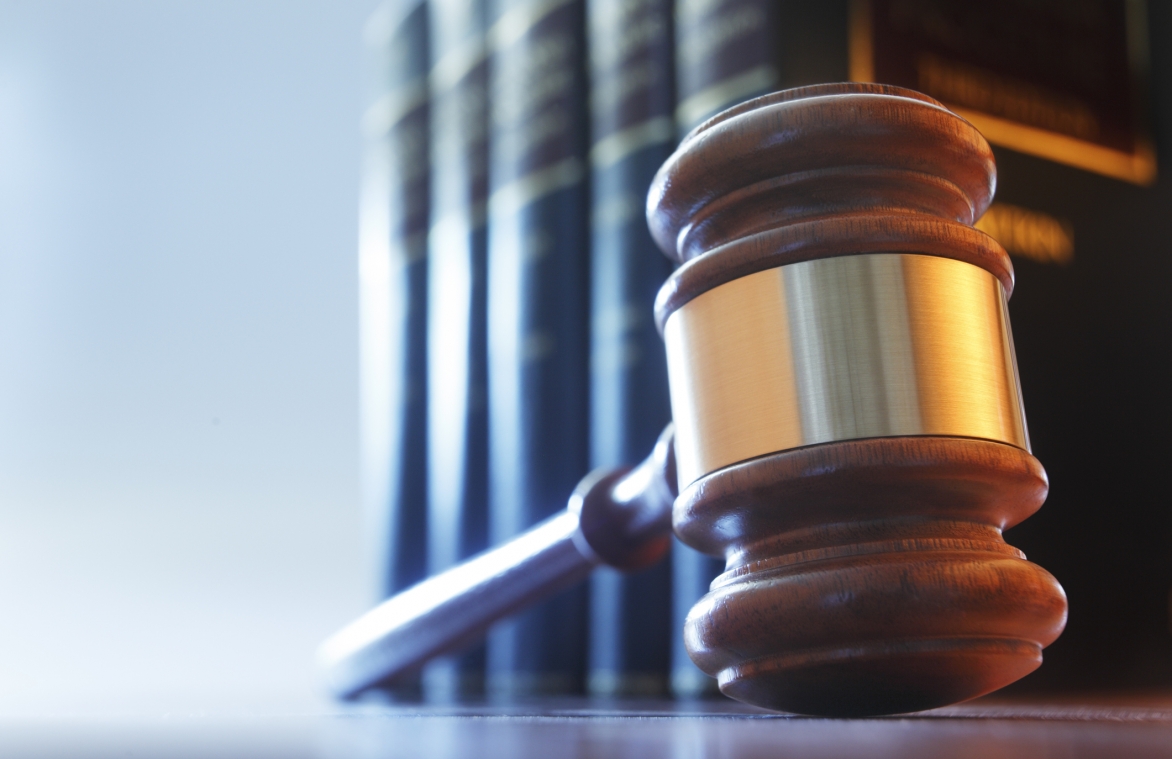A former police detective from Fairview, Tenn., lost his First Amendment retaliation claim before a federal appeals court because the court said his whistleblowing speech was part of his official job duties and, therefore, not protected speech under the U.S. Supreme Court’s categorical rule in Garcetti v. Ceballos (2006).
David Bohler alleged that fellow officers retaliated against him after learning that he had spoken to the district attorney about trumped-up criminal charges filed against civilian Robert Hamilton, who had a legal dispute with another officer. Hamilton had informed Bohler that the officer planned to trump up criminal charges against him. Bohler initially discounted these suspicions, but after the district attorney asked him to review three pending criminal cases – one of which included Hamilton – Bohler realized Hamilton likely was correct.
Bohler relayed his concerns to his superior, including the police chief. The chief told him to work with the district attorney – who later dismissed the charges against Hamilton. Bohler said that after this process, several officers retaliated against him by investigating his use of sick time while he underwent cancer treatments and accused him of violating an anti-nepotism policy when he married a fellow officer over whom Bohler had no supervisory authority.
Bohler ultimately resigned and sued for retaliation. A federal district court dismissed the lawsuit, reasoning that Bohler’s whistleblowing was part of his duties as a detective in investigating complaints and working with the district attorney.
On appeal, a three-judge panel of the 6th U.S. Circuit Court of Appeals affirmed in its Sept. 28, 2020, decision in Bohler v. City of Fairview.
The appeals court acknowledged that Bohler’s speech addressed a matter of public concern or importance, a key requirement in public-employee First Amendment cases. However, the appellate panel also found that his speech was part of his official job duties and, thus, unprotected according to Garcetti.
“Bohler’s conversations with the District Attorney questioning the motivations driving the Hamilton investigation and prosecution occurred pursuant to Bohler’s ‘official duties,’ the panel wrote. “Here, not only did Bohler act in accordance with his job description when he informed the District Attorney of possible police corruption, but he also conceded that he was instructed by the police chief to gather information on the potential corruption to turn over to the District Attorney.”
The decision shows the continued reach of the Garcetti decision, a ruling that forecloses the First Amendment constitutional claims of many whistleblowing public employees.
David L. Hudson Jr. is a professor at Belmont University College of Law who writes and speaks regularly on First Amendment issues. He is the author of First Amendment: Freedom of Speech (2012), of a 12-part lecture series titled Freedom of Speech: Understanding the First Amendment (2018), and of a 24-part lecture series, The American Constitution 101 (2019).

